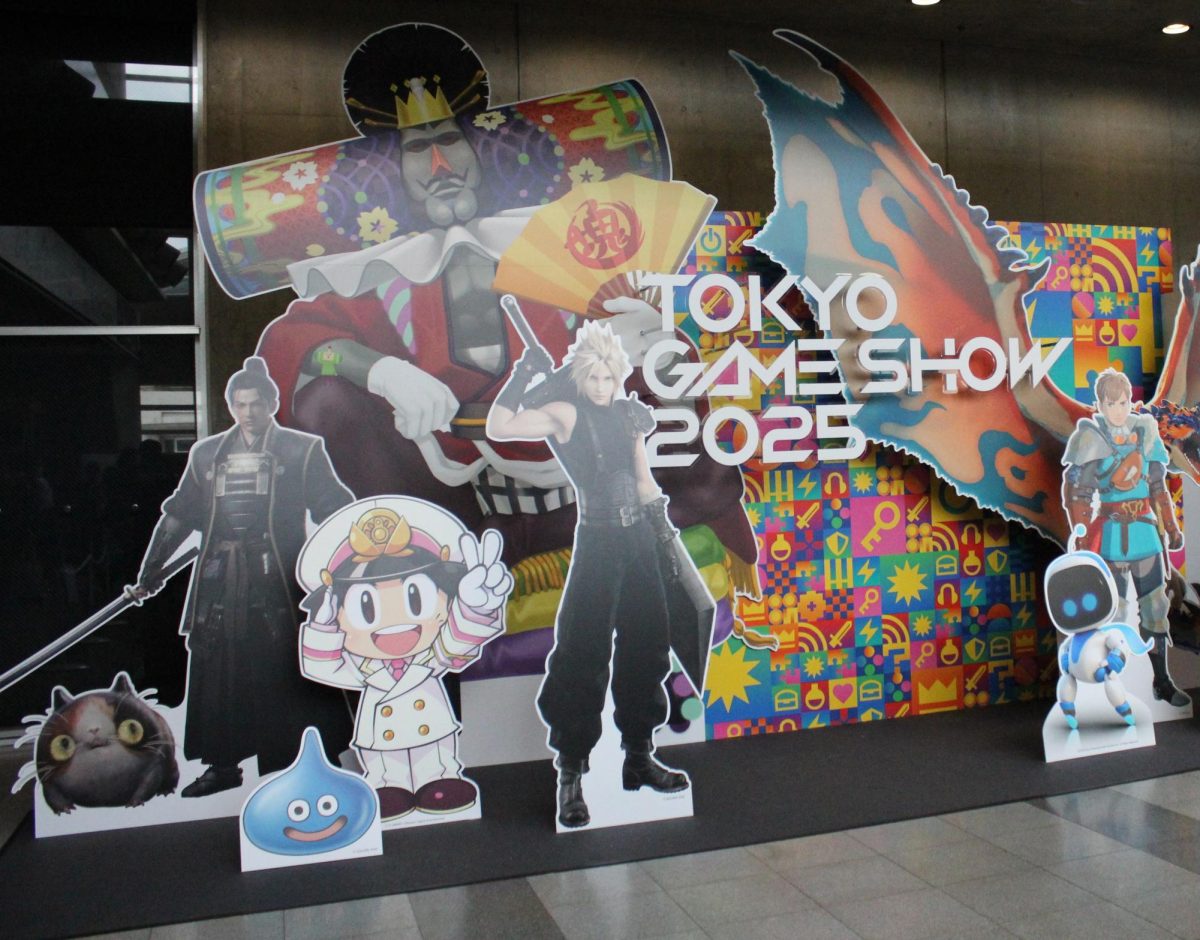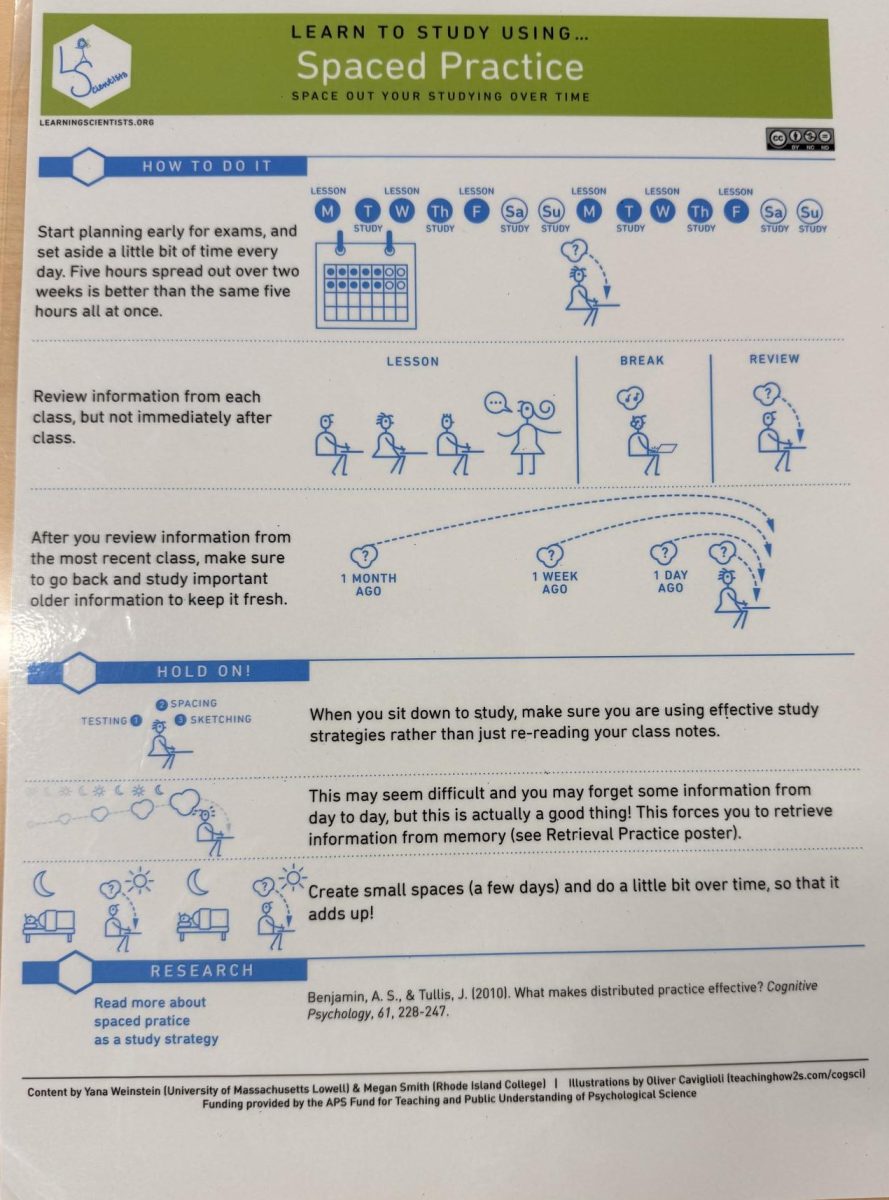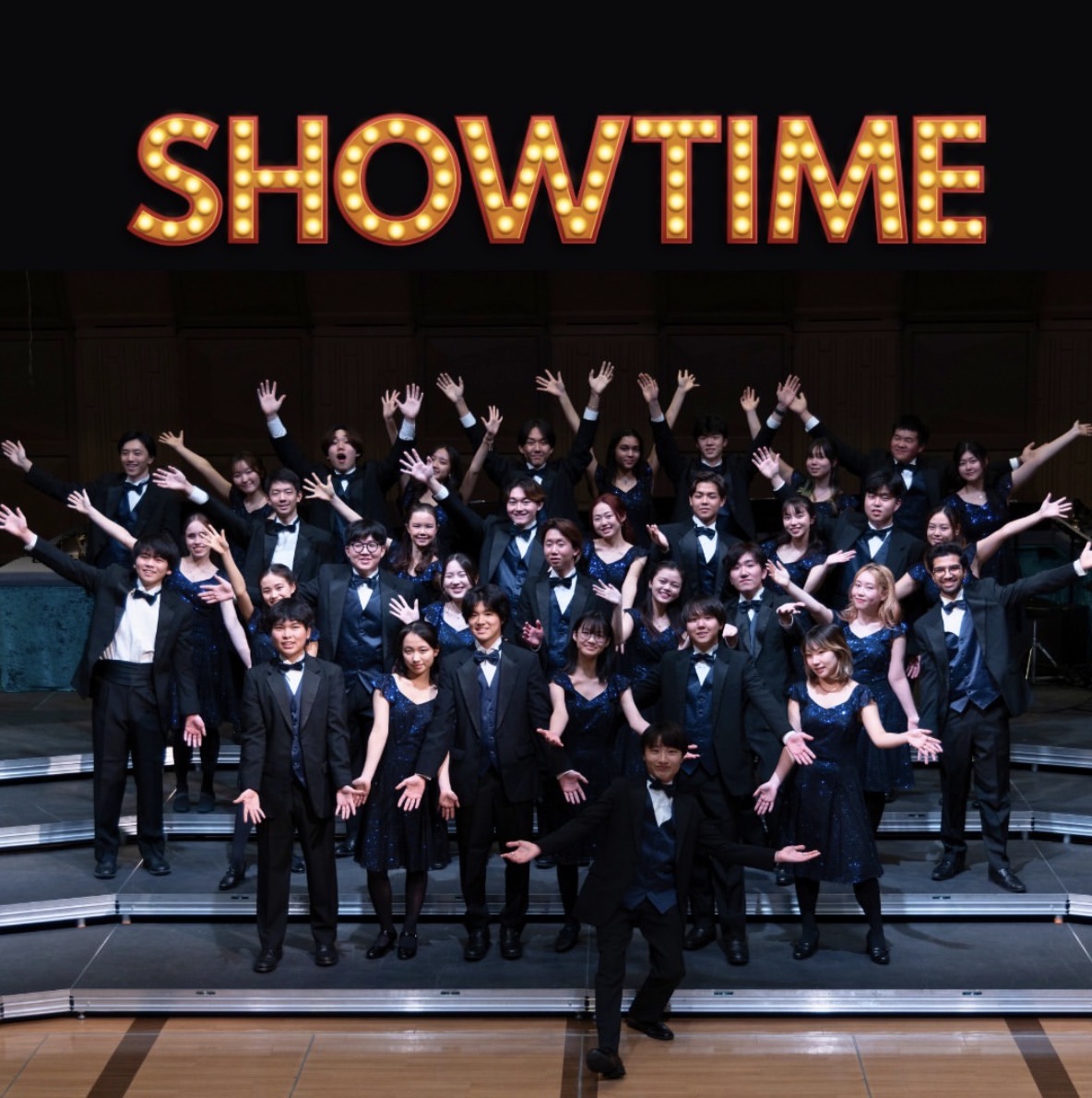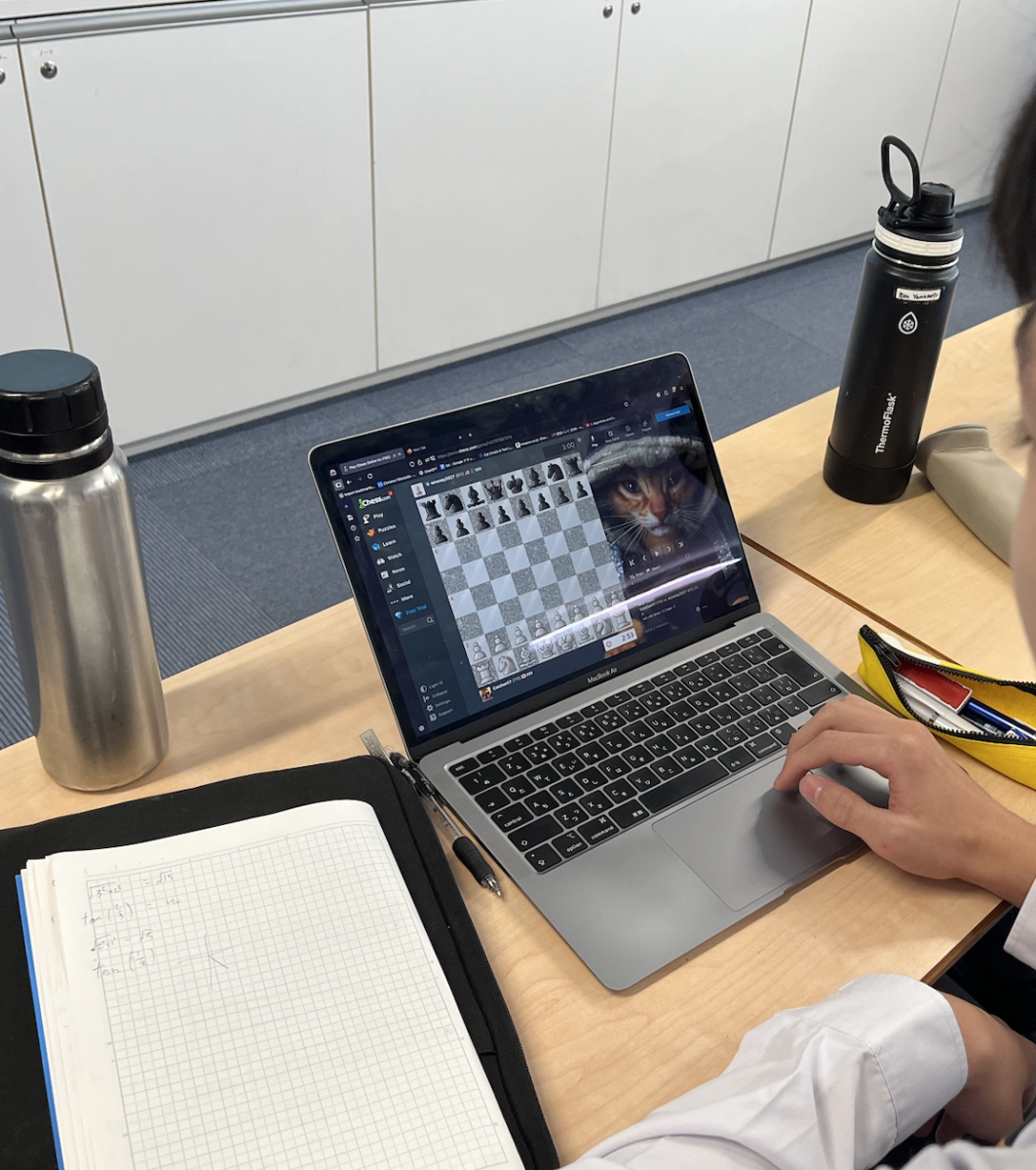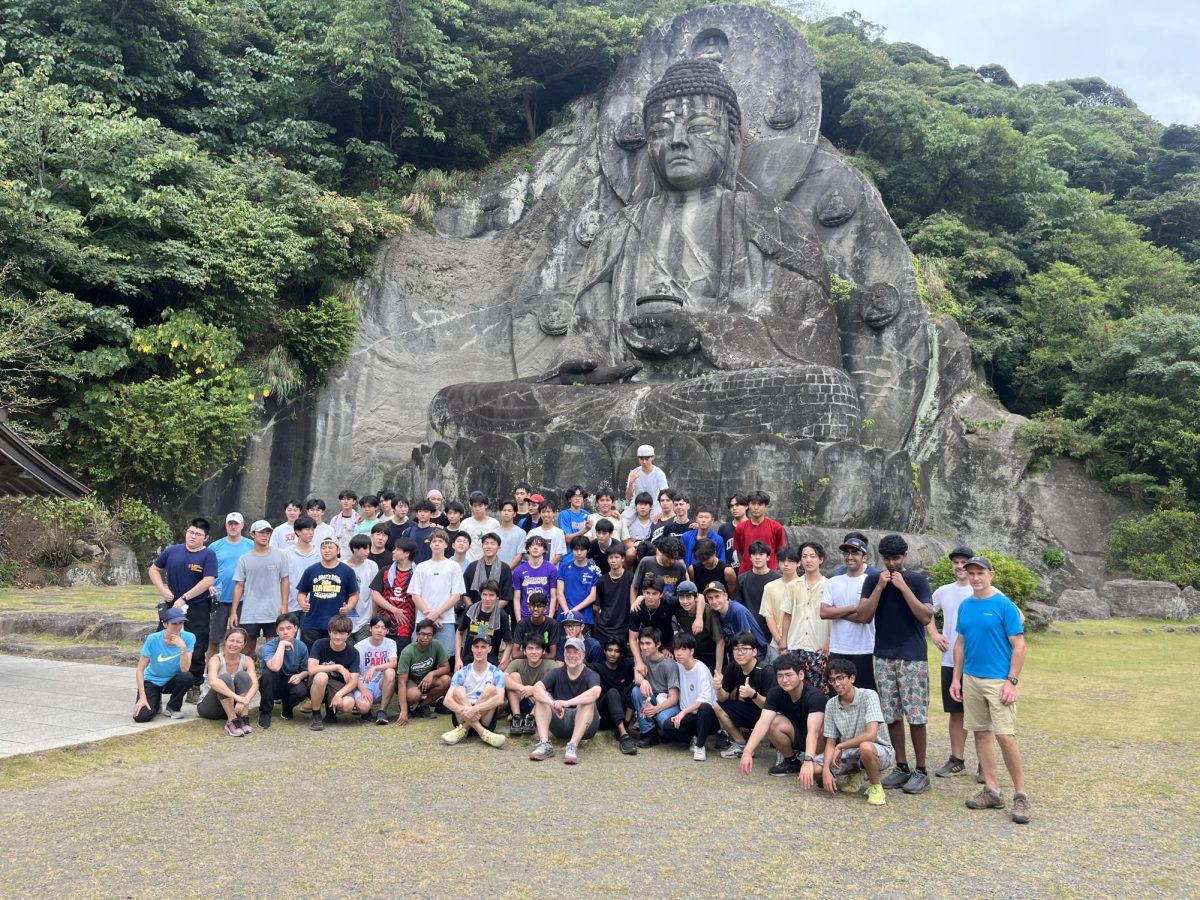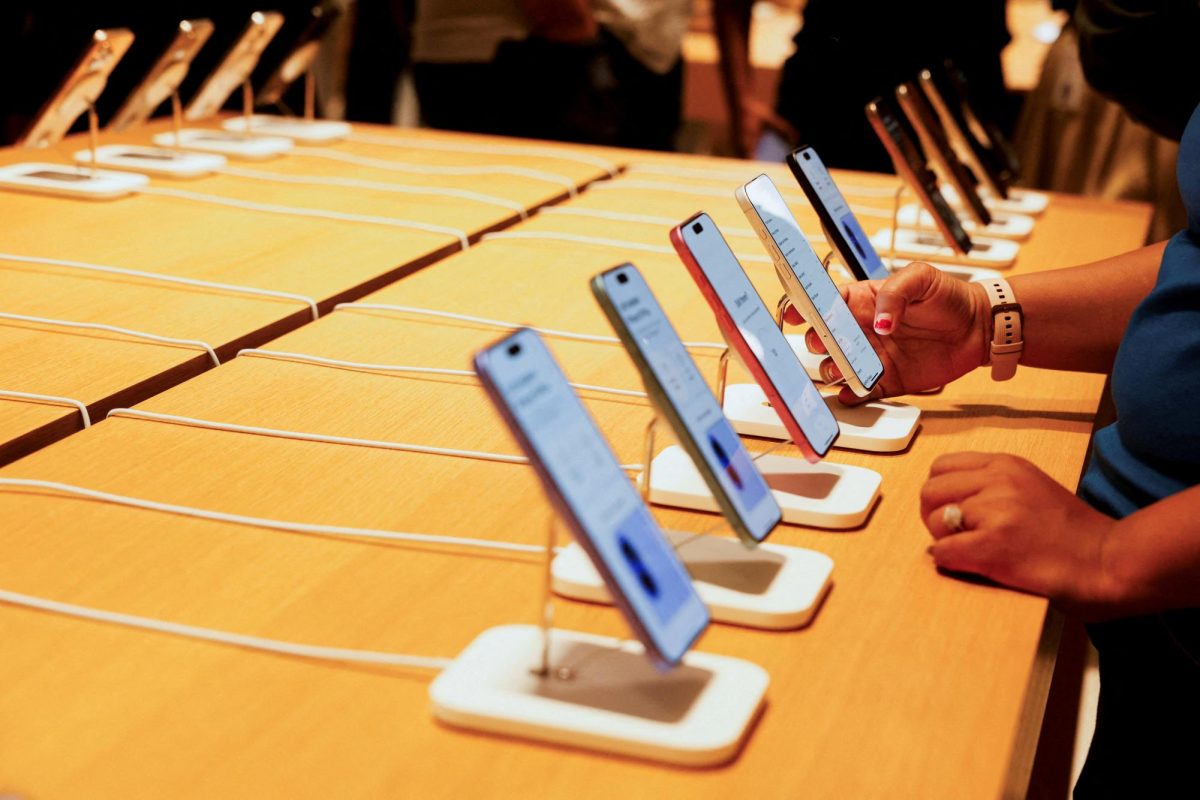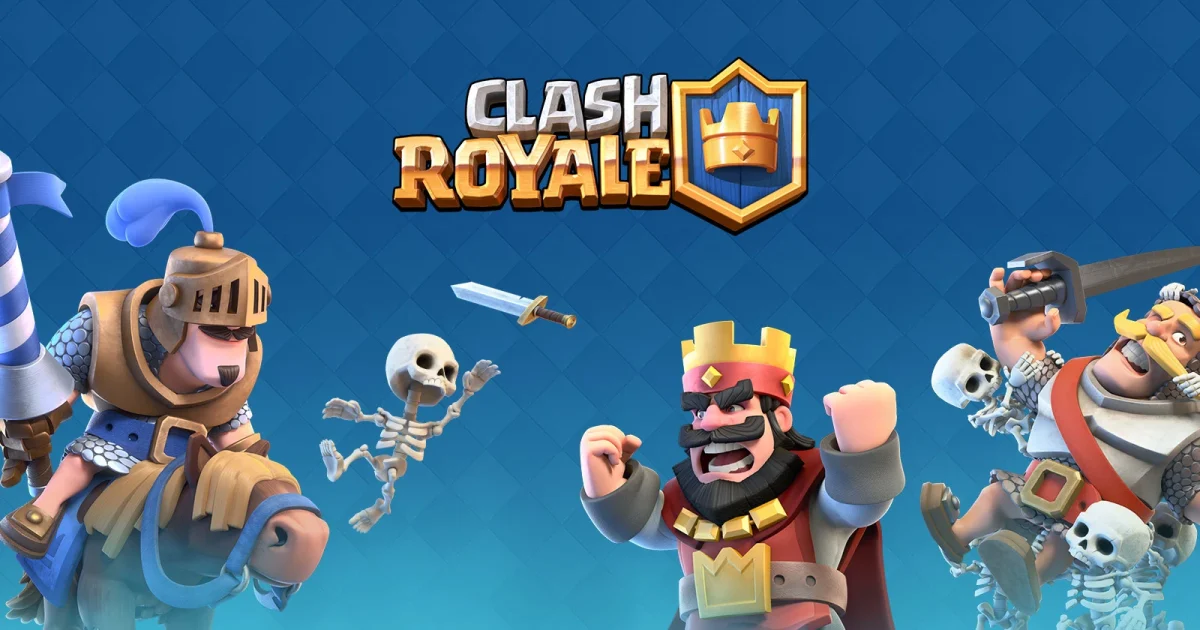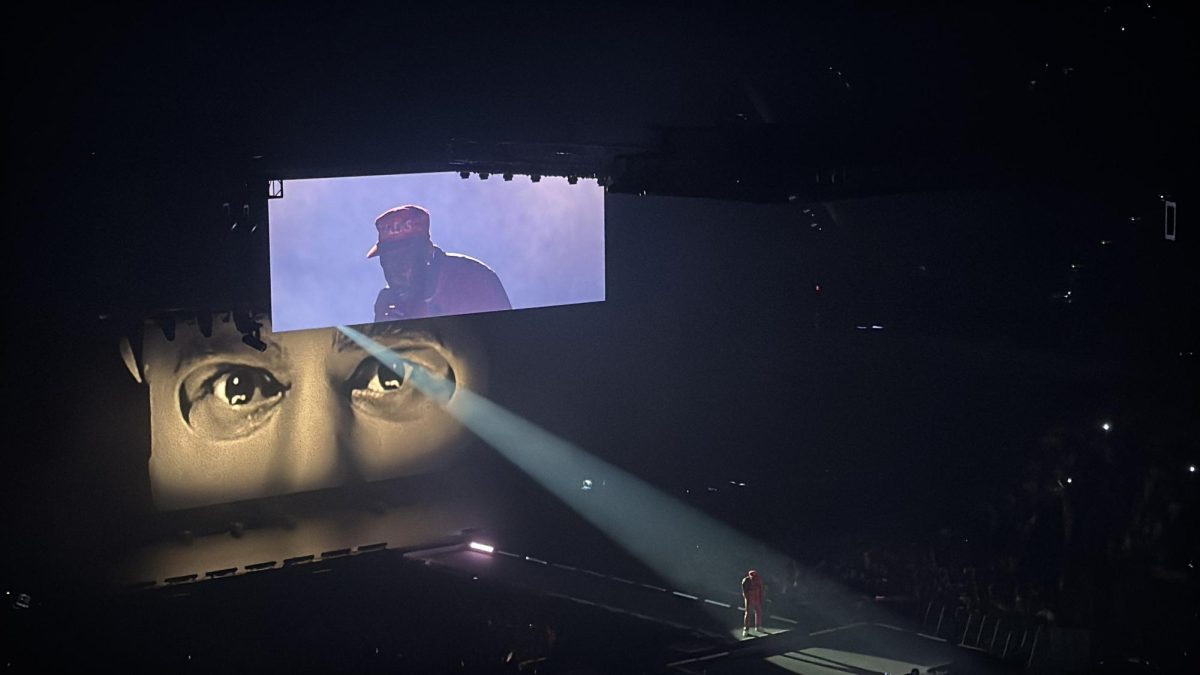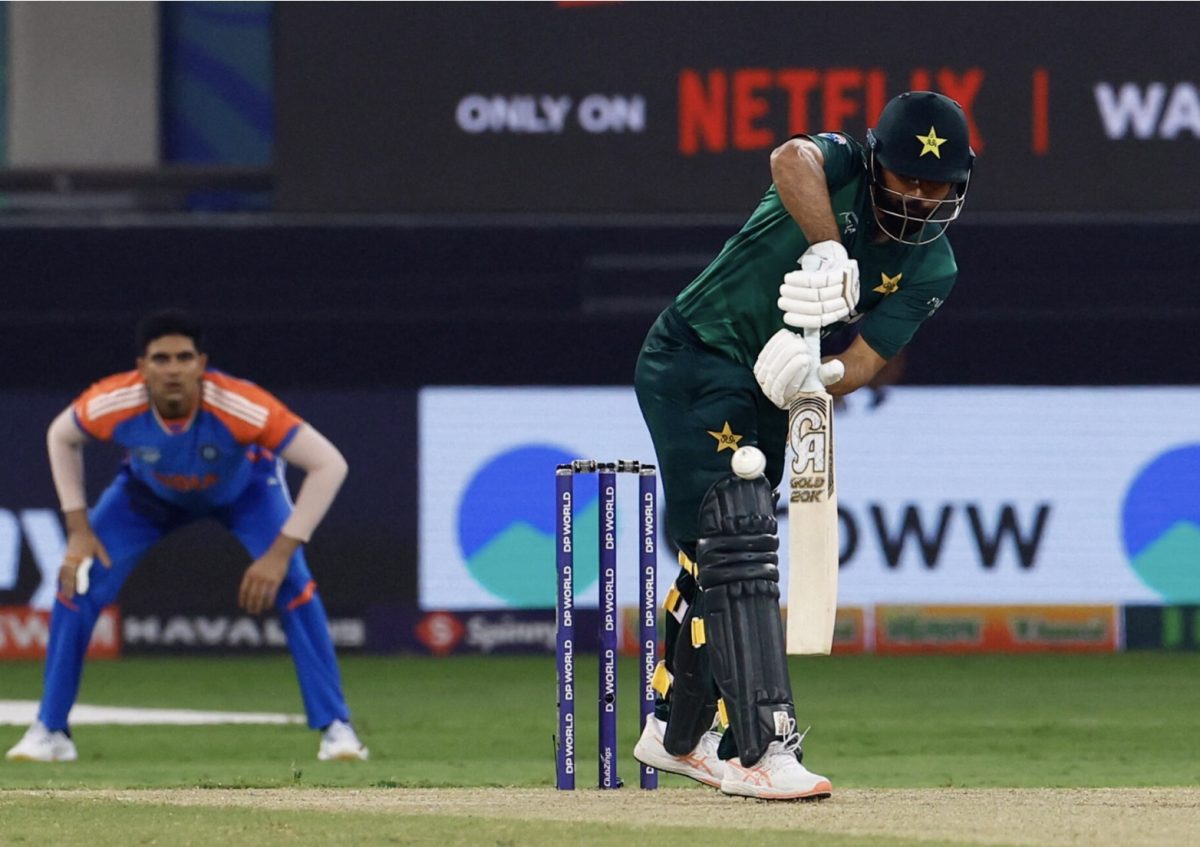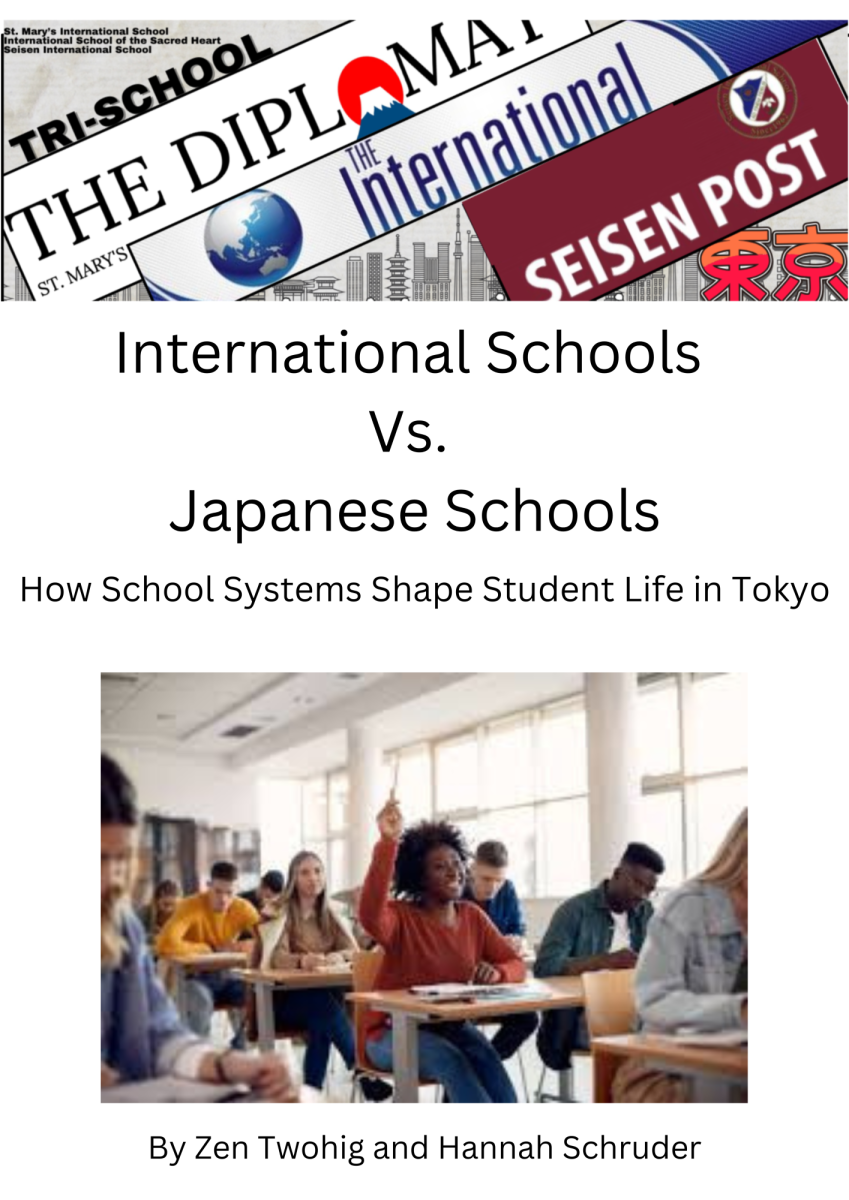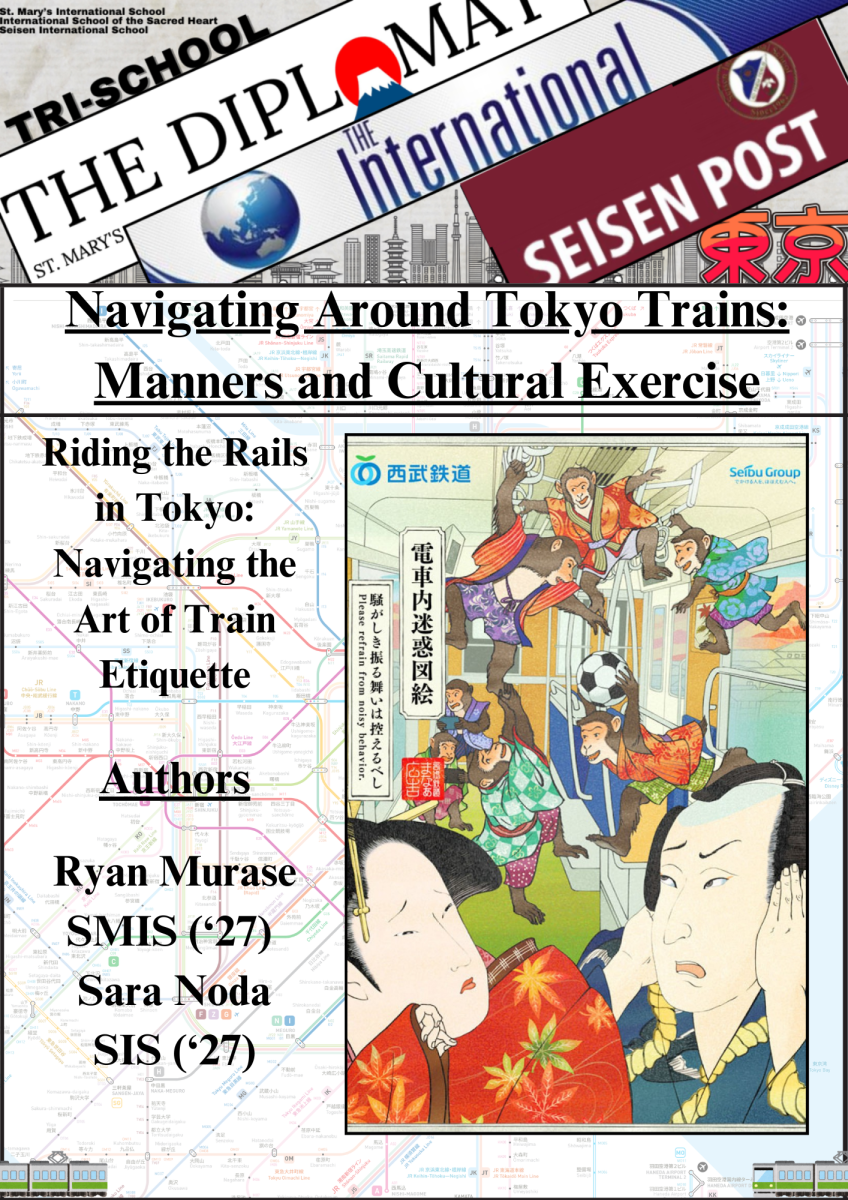I’m sure many people know what Nintendo is, but for those who don’t, they are a video game developer and publisher based in Kyoto. Recently, they filed a patent related to the Pokémon franchise. Video game industry analysts, including GamesRadar, argue that the patent is overly vague and could permanently alter the gaming industry if approved.
Pokémon is one of the most popular gaming franchises of all time. Centered around catching and battling creatures, it has expanded beyond video games into trading cards, TV shows, and more. The franchise is a joint venture owned by Nintendo, Game Freak, and Creatures. The new U.S. patent, filed with The Pokémon Company, concerns summoning characters and battling in video games. While it specifically relates to Pokémon’s battle system, the way it is written is so broad that it could be interpreted as covering the general concept of summoning a character and battling in any game. If granted, Nintendo could potentially demand royalties from or even shut down other companies that use similar mechanics.
This raises concerns for game developers, especially smaller studios, who may be discouraged from creating mechanics even remotely resembling those described in the patent. Such a chilling effect could stifle innovation across the industry, forcing companies to carefully avoid features that might invite legal action from Nintendo or The Pokémon Company. Because of the patent’s vague scope, players across multiple genres could feel the impact.
Although the patent would only apply in the United States, the U.S. remains one of the largest gaming markets in the world. For most developers, skipping the U.S. market simply isn’t an option. As a result, even studios outside the U.S. may have to shape their games around Nintendo’s patent if it goes into effect.
This news seems to have not yet spread to many people at St. Mary’s, however the people who are aware seem to have concerns about games they may be interested in getting attacked by Nintendo. Jonathan Yang, a freshman at St. Mary’s was concerned about the future creativity of video games.


